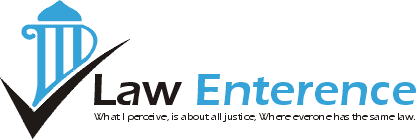No one looks forward to contacting a bondsman. The experience can be stressful and may even be frightening. Defendants are often concerned about handing over their personal property. Fortunately, doing business with a bondsman doesn’t have to put your property at risk. Choosing one of these options might put your mind at ease.
Cash
Should you ever need a Concord bail bondsman, consider offering cash as collateral. This is because it carries the least risk for both parties. For the defendant, there’s no need to worry about incurring debt or the forfeit of personal property. For the bondsman, there is no need to hassle with deeds, liens, or titles. There only needs to be one simple transaction and nothing further. Cash transfers are common in cases with low bail amounts. While cash won’t be possible in every instance, be sure to consider it as an option before offering other forms of collateral.
Credit Cards
Credit cards are a great form of collateral if you’d like to avoid offering your car or home. The important thing to remember here is that your spending limit must exceed the set bail amount. This way, the bondsmen will have no concerns about their ability to recover their money. You’ll need to surrender the card’s authorization code, but you will still maintain a barrier between your property and the bondsman.
Irrevocable Letter of Credit
If personal property is a dealbreaker and you are unable to offer cash or credit, an ILOC is your next best option. This is simply a letter from your bank stating that they will guarantee payment to the bondsman. To receive an ILOC, you simply need to have enough money in your account to cover the bail. This way, both the bank and the bondsman are confident that they can recover any potential losses.

